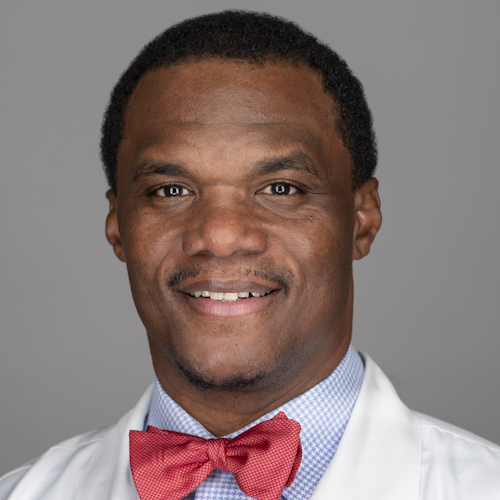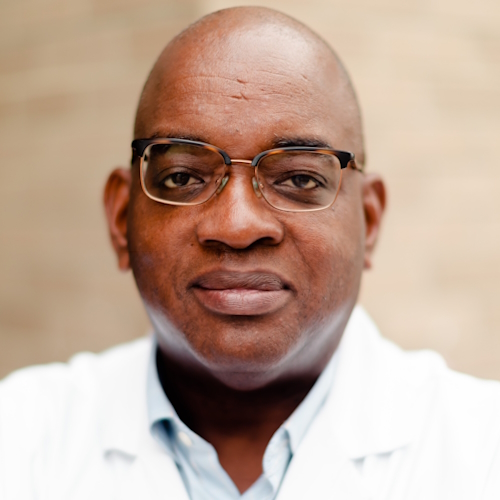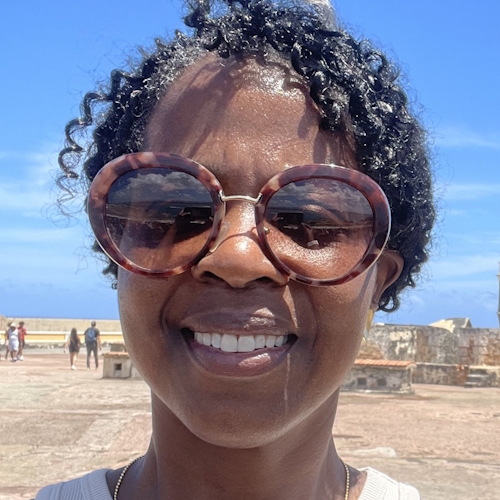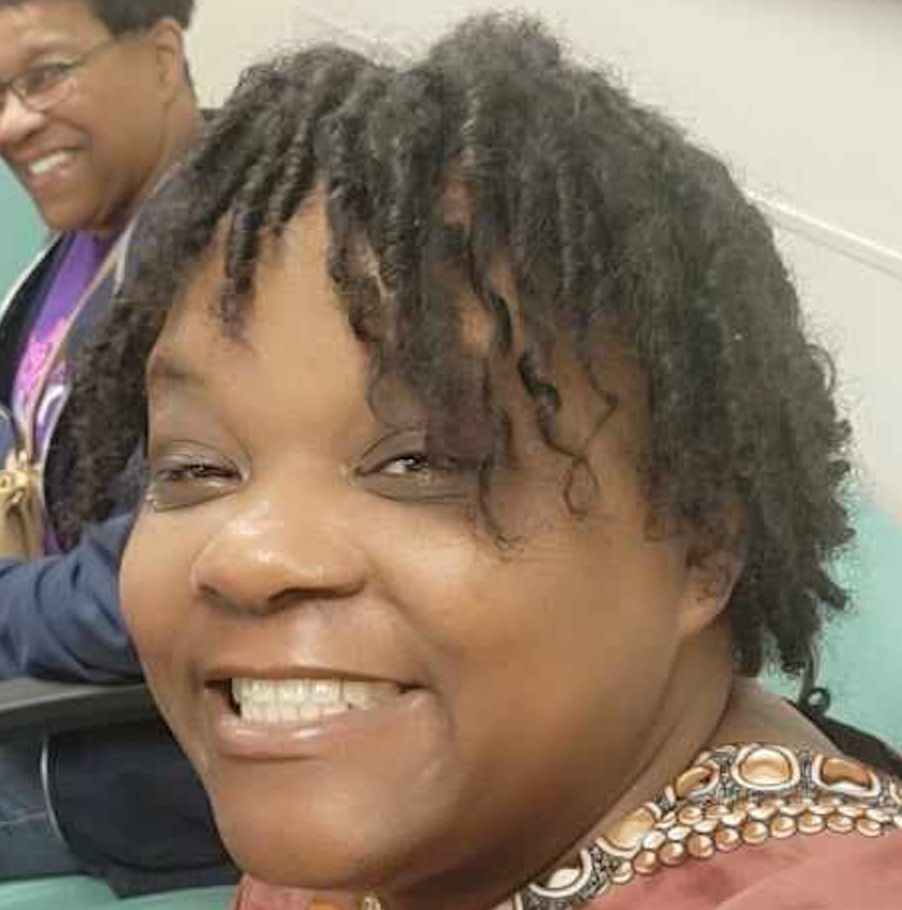The Importance of Cancer Screening in the Black Community | Lemuel Eley
Lemuel shares a transformative health experience of when he suffered a life-threatening heart attack while working. He now literally preaches the importance of cancer and other health screenings. The incident began with symptoms like severe breathlessness and profuse sweating, which he initially dismissed. Upon seeking medical attention, he was diagnosed with 16 blood clots in his lungs, requiring immediate surgery. This wake-up call prompted significant changes in his lifestyle, including weight loss from 495 to 333 pounds, and a shift toward greater health consciousness.
Interviewed by: Nikki Murphy
Edited by: Katrina Villareal
Reflecting on his upbringing as an African-American male, he acknowledges cultural norms that downplayed the importance of regular medical care. His father’s heart attack at 55 reinforced the generational tendency to dismiss symptoms and avoid doctors. Now, he advocates for proactive health care, emphasizing the importance of regular screenings and prompt medical intervention. He also draws on his role as a preacher to bridge faith and science, stressing that while God provides healing, individuals must actively care for their health.
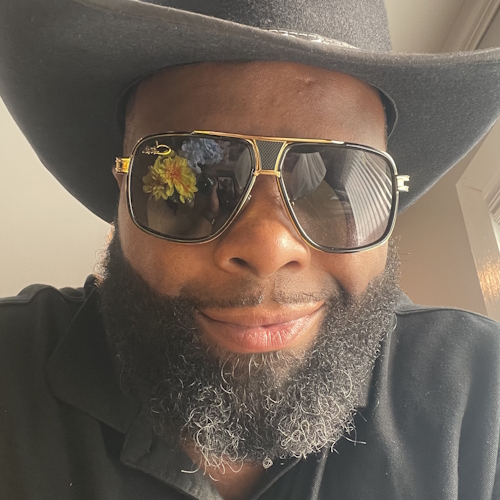
He challenges the misconception in religious communities that divine intervention alone suffices. Using biblical analogies, he underscores the necessity of human effort alongside faith and urges individuals to utilize medical resources as tools given by God. His story serves as a call to action, particularly for Black men, to prioritize their health, overcome cultural stigmas, and engage in preventive care to avoid unnecessary suffering.



Thank you to AbbVie, Genmab, and Karyopharm for supporting our patient education program. The Patient Story retains full editorial control over all content
This interview has been edited for clarity and length. This is not medical advice. Please consult with your healthcare provider to make informed treatment decisions.
The views and opinions expressed in this interview do not necessarily reflect those of The Patient Story.
I told my sister that I couldn’t breathe and she told me to call 911… They found out I had 16 clots, so they rushed me to surgery.
Introduction
I’m from Henderson, North Carolina. I’m 44 years old and I have a daughter named Rachaelle.
I have a degree from Elizabeth City State University in criminal justice and psychology. I’m also a licensed preacher of The Church of Apostolic Revival in Durham, North Carolina.
I have many hobbies. My nickname’s Big Country. I have a lot of hobbies, like hunting and fishing. I like working with my hands. I like to do media. Professionally, I’m a truck driver. I have my dump trucks.
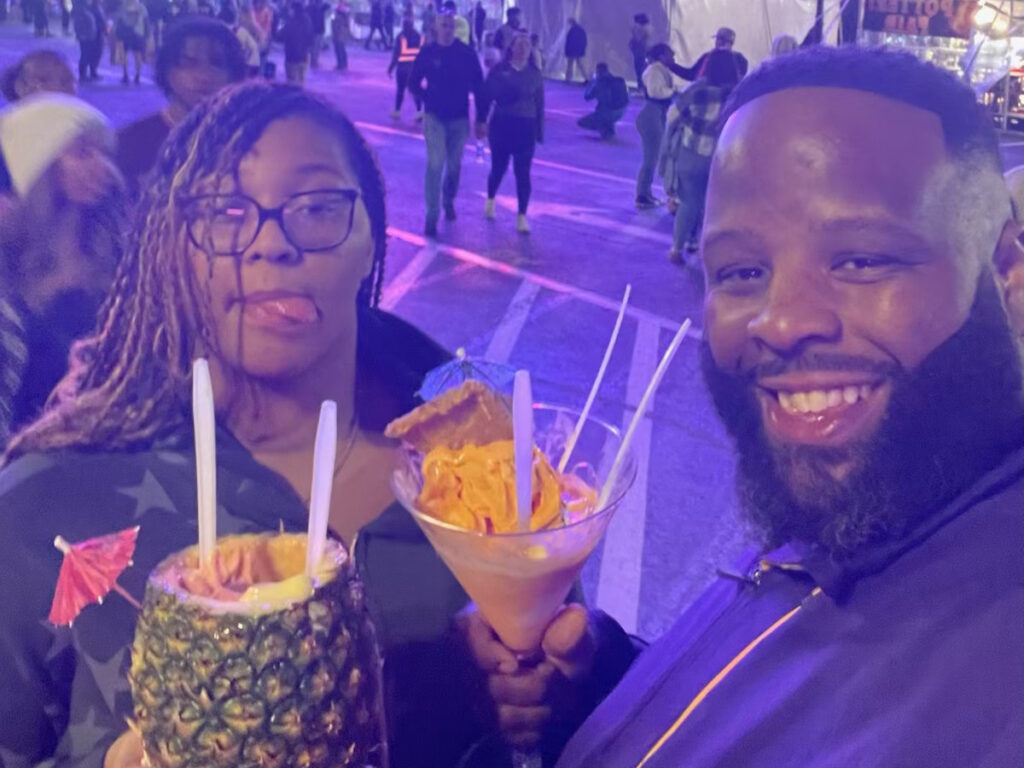
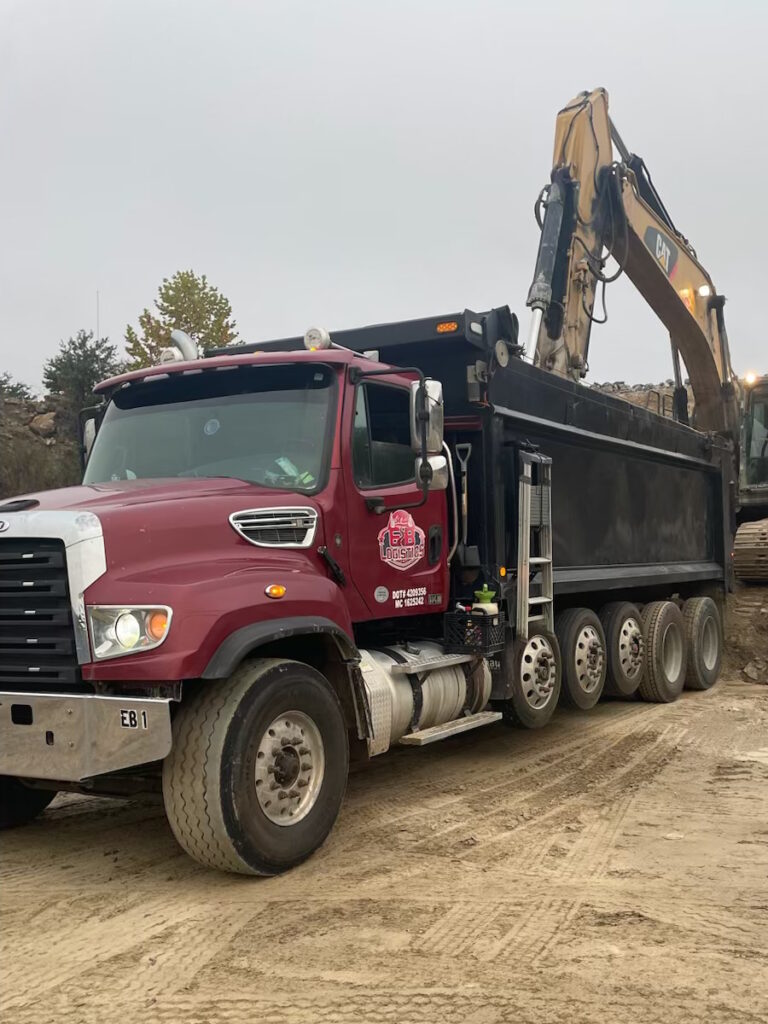
Getting a Heart Attack
In April 2021, I was driving my truck in Winston-Salem, North Carolina, and I pulled over into a company that does cement. I had to go upstairs to open up the tank and when I walked back downstairs, I noticed that I was breathing with much difficulty and sweating profusely. I didn’t pay any attention to it and thought I had a cold. I go around to the other side of the building and get loaded. I go upstairs to close the top of my tanker and as I’m going back down, I can’t take another step nor take another breath. I slid down the stairs on my backside to get downstairs.
I managed to get myself into the truck and drive home. I was sweating profusely and coughing by this point. I went to the doctor who gave me steroids to open up my lungs. I couldn’t lie down. I had to sit up in a chair. That morning, I told my sister that I couldn’t breathe and she told me to call 911. When they got there, they took care of me and brought me to the hospital to get a CT scan. They found out I had 16 clots, so they rushed me to surgery. They went up through my groin into my lungs and did the clot-busting treatment. I had to stay stable for 24 hours until the medicine worked.
My first thought was I wanted to know how bad it was. Was I going to live? How was my heart? It was a major life adjustment. I was 495 pounds and now I’m down to 333 pounds.
Our culture taught us that we didn’t need a doctor.
Recovering from the Heart Attack
My whole perspective on life changed. I’m conscious of my body now. If things happen, I get it checked. I’ve learned to hold people around me who love me because you never know. You could be here today and gone tomorrow. You have to take advantage of every God-given opportunity that you have with people because as the Bible says, life is like a vapor. Today we could be here, but tomorrow we could be gone, even in the next hour you could be gone.
It challenged me to look at life differently and to stop being selfish. If somebody asks me to do something, I do it. You never know if it might be that person’s last time. It changed my whole perspective of life. I’m more conscious about what I do, especially to my body.
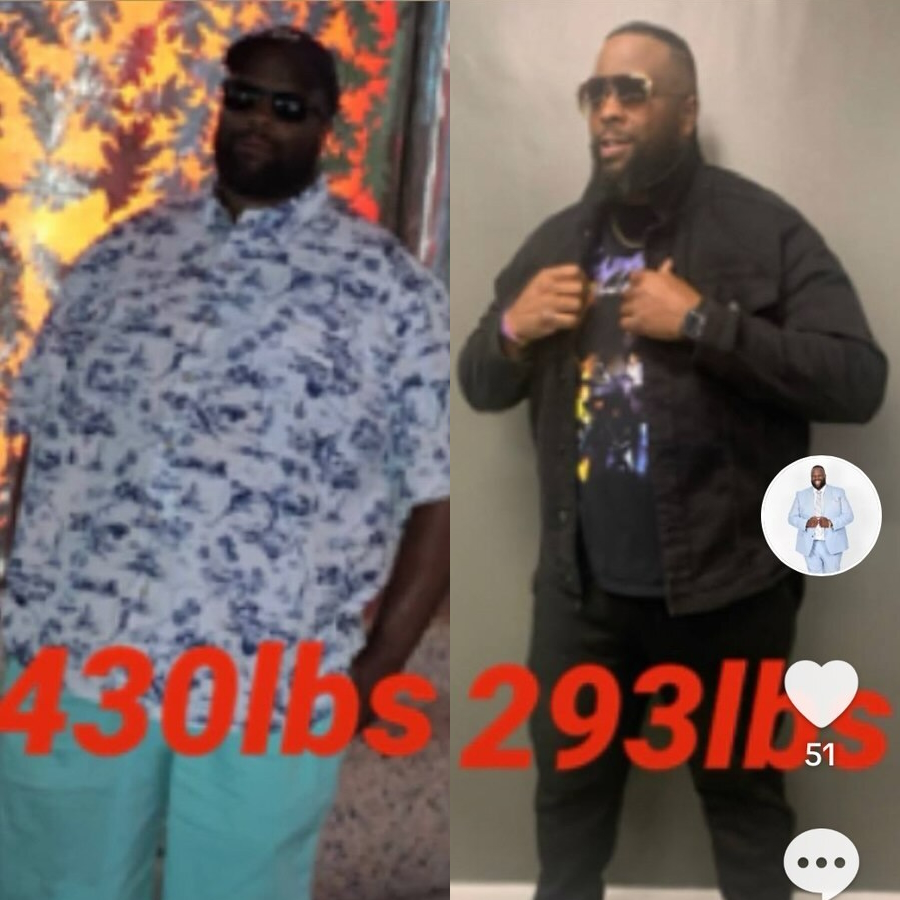
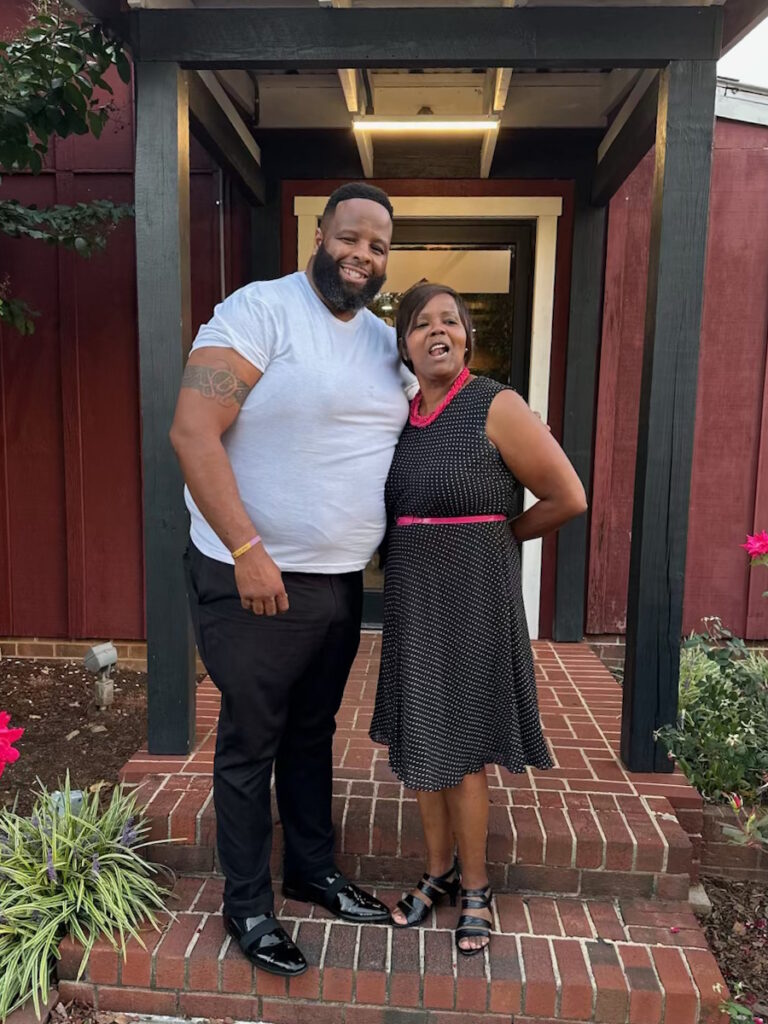
View on Doctors and Health Care Growing Up
As an African-American male, we were always told that we were tough. We did what we were supposed to do. We work, work, work, and we’ll be okay, not knowing half the time that later on in life, an issue will arise and it’s going to be worse than it was.
My father wouldn’t go to the doctor. My mom made him go and the doctor told him certain things, but he never took heed. He had a heart attack at age 55, which caused issues with every other part of his life but he worked through it and now he’s good.
Our culture taught us that we didn’t need a doctor. You can take a little bit of this and a little bit of that. If you’re having some stomach issues, drink a little ginger ale or eat a little crackers. But that pain in your stomach could have been a heart attack, but you’ll never know. If you feel tightness in your chest or you feel like you can’t breathe, you have to go see a doctor and have it checked out. That’s what the doctors are here for.
We don’t take the time to talk about health care because we feel like God can do everything and sometimes, that’s the problem.
Role of Faith & Religious Beliefs in Health Care
There’s a thin line between faith and science. We’re taught that God has the power to heal, but here’s my take on this. God created the physicians to do what they’re supposed to do and when they can’t, that’s when faith steps in.
I have a great story of my friend Tony who had stage 4 cancer. He didn’t know it and was still living. He went to the doctor and found out he had it, but before he found out, he was living a good life. I found out that with cancer patients who I have known, have talked to, and have witnessed, most of them already had it before they even found out they had it.
I never had cancer and I pray I never have it. Some people think, “I have cancer. I’m going to die,’ but you don’t have to succumb to that. Look at Tony. He does everything he wants to do. He still cycles. You look at him as if nothing ever happened, but he does his part by going to the doctor, taking care of himself, eating right, doing all the things that he’s supposed to do, and what he can’t do, God does.
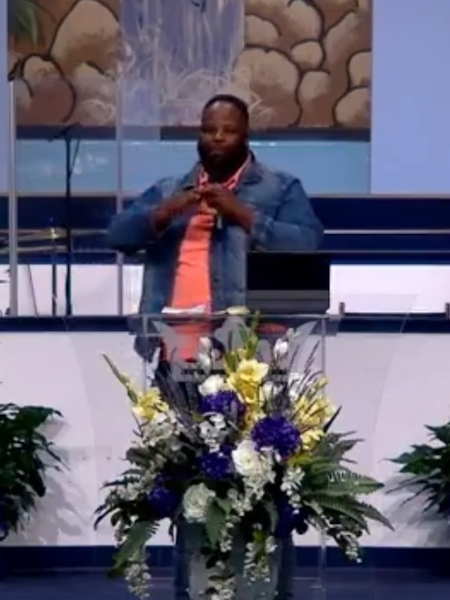
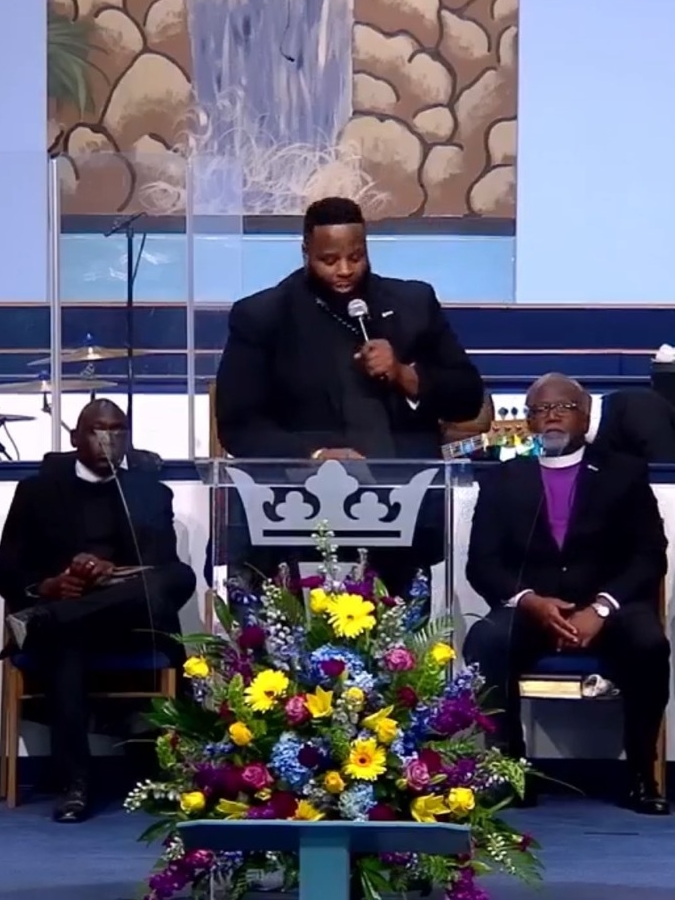
I’m a licensed preacher and I preach in churches, but we don’t take the time to talk about health care because we feel like God can do everything and sometimes, that’s the problem. With religion, we depend too much on God when God said I would do the part you can’t do.
I’m going to share this Bible story that I heard and it made sense. Lazarus was dead. Jesus didn’t say, “Get up out of that ground.” He told them, “Dig him up.” Jesus said, “Lazarus, come forth,” and he came out. Then he said, “Take the grave clothes off him.” They did that part. He did the part they couldn’t do. Going back to what I was saying, you do your part, God does his part. There’s a very thin line when it comes to health care and Christianity.
God put these doctors in place for a reason, so use them. We don’t talk about it because we always put the burden on God versus us taking care of ourselves. You can’t keep stuffing yourself with pork and fatback, and then when your arteries get clogged, you ask God to unclog something that you did. That’s not fair. Go out and run. Start losing weight. Do your part. We do a horrible job in church talking about health care because Jesus is going to do everything, but you still have to do something.
If you don’t get screened and something happened to you that you could have taken care of, you can’t blame anybody else but yourself because you had every chance.
Importance of Taking Care of One’s Health
God gave us the tools, the resources, and the revelation of the human body. We have all this research to help us. We have these schools of medicine and doctors.
Get your screening. If you feel something, go see a doctor. Your health is more important than anything in the world. If you don’t get screened and something happened to you that you could have taken care of, you can’t blame anybody else but yourself because you had every chance.
It’s like having tools. I cannot take a coloring book and color a page without the crayon. The crayon is the tool that goes along with the coloring book so you can color. Without the crayon, there is no coloring book—it’s just a book. The coloring book needs the crayon. You are the coloring book, but your doctor is the crayon. Let your doctor be the crayon and help you paint a good life.
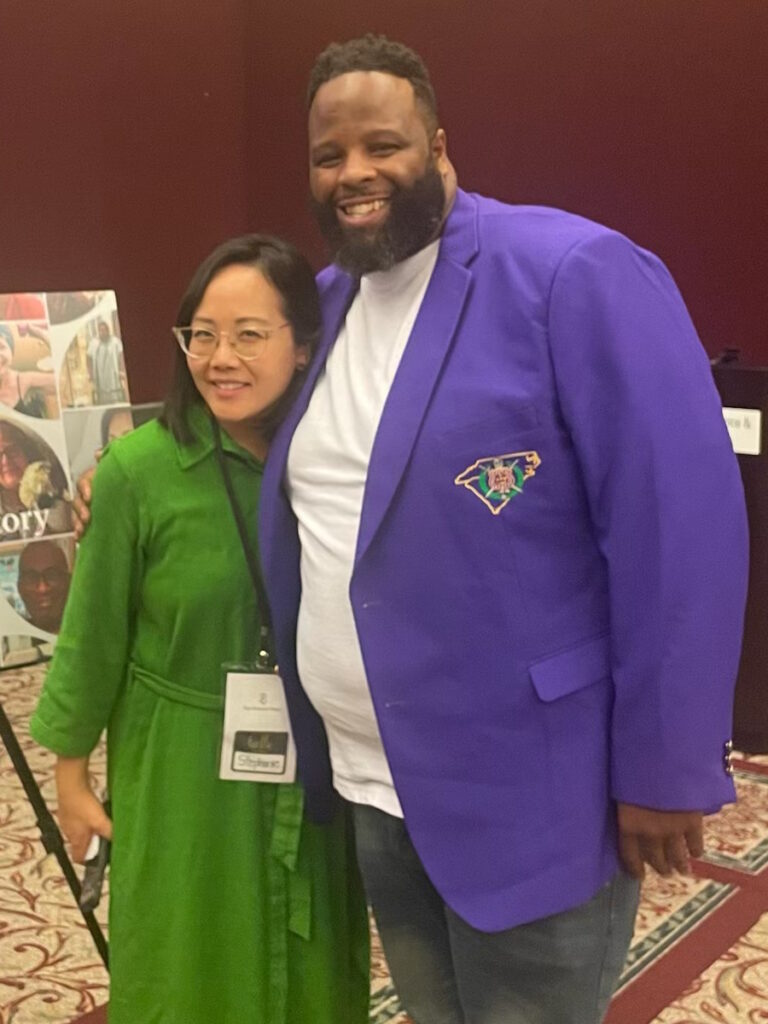
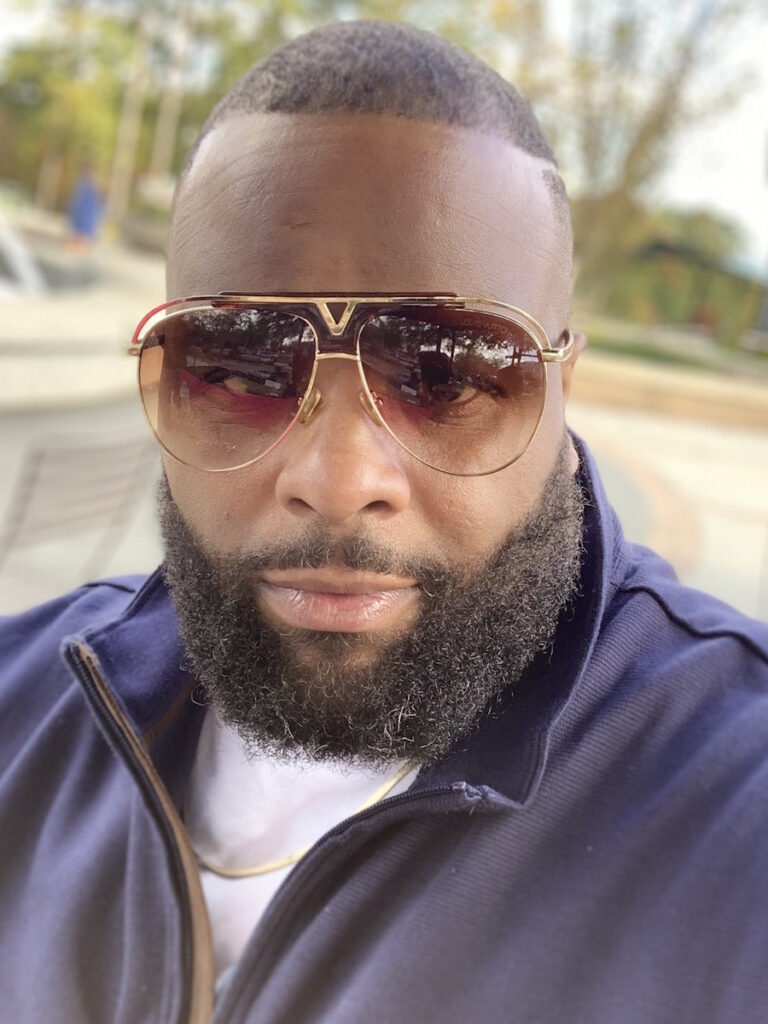
Advice to Black Males
Go see your doctor. Go get your screenings. You never know what you might be going through. I’m 44 years old. Never in the world did I think I would have a heart attack in my early 40s. I’ve been a healthy and athletic guy. Let’s be honest. Health is wealth. For African-American men, we deal with prostate cancer and reproductive dysfunction because we’re not taking care of ourselves. We need our heart to work the other part and a lot of times, we don’t see that until the last minute. Have you been taking care of your body the whole time? Ask your doctor.
As part of the African-American community, a preacher, part of the Omega Psi Phi Fraternity, Inc., as part of the trucking industry, and being a young African-American man, go. Find out something that could save your life, so you don’t have to deal with it anymore. Get your prostate checked. Sometimes we feel violated, but if it turns into cancer, then you know how to deal with it. Just go.
Go see your doctor. Go get your screenings. You never know what you might be going through.



Special thanks again to AbbVie, Genmab, and Karyopharm for supporting our patient education program. The Patient Story retains full editorial control over all content

Inspired by Lemuel's story?
Share your story, too!
Stories Tackling Cancer Disparities
Dr. Brandon Blue
Dr. Brandon Blue shares key strategies for better health care and saving lives, especially in communities impacted by multiple myeloma.
The Importance of Cancer Screening | Dr. Colin Ottey
An internal medicine physician discusses healthcare access, preventative care, patient trust, and how both doctors and patients can improve relationships for better outcomes.
The Importance of Cancer Screening | Lemuel Eley
Heart attack survivor at 44 shares his story, advocating for health screenings and proactive care in the African-American community.
Dr. Marjory Charlot, Oncology
UNC oncologist discusses increasing awareness and access to clinical trials among Black communities
Roshonda C., Rectal Cancer, Stage 4
Symptoms: Blood in stool, blood from rectum after intercourse, sensation of incomplete bowel movements
Treatments: Chemotherapy, surgery, radiation
